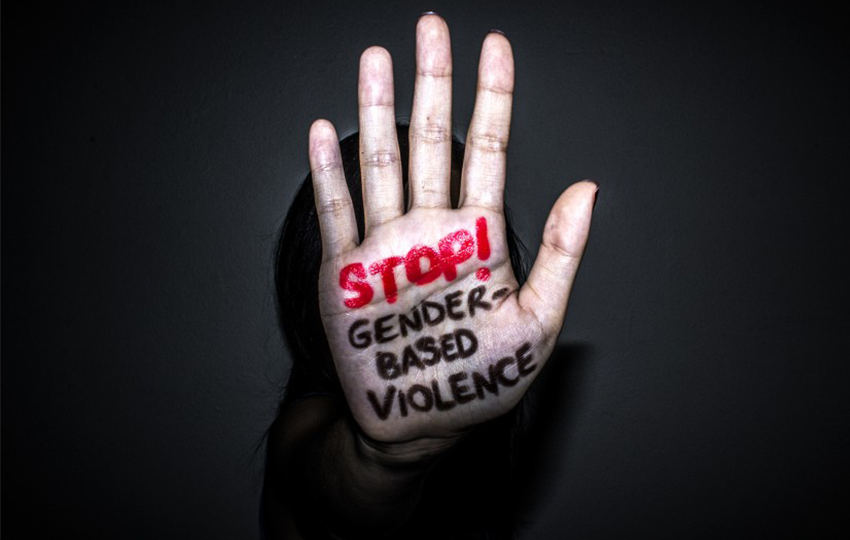News
SGBV: Nigeria must bridge gender gap in tech ecosystem

Nigeria must lead a conscious effort to bridge the gender gap in the tech ecosystem to reduce the issue of sexual and gender-based violence.
The executive director of Webfala Digital Skills for all Initiative, Mrs. Nafisat Bakare, disclosed this in Ilọrin, Kwara State capital, during training to equip selected women with 21st century digital skills for self reliance.
Over 150 women will benefit from the digital training which will last four months in partnership with a United Kingdom based organisation, Global Feminism in Solidarity and Action.
Speaking during the orientation session tagged Webfala SafeHer Programme in Ilorin, Mrs. Bakare said it will inspire more girls and women to pursue careers in Science, Technology, Engineering and Mathematics (STEM).
“Nigeria must bridge the gap in the tech ecosystem to reduce the issue of gender-based violence in the country.
“Available data showed that 30 per cent of Nigerian women aged 15 to 49 have experienced sexual abuse. This project sought to protect women and girls from SGBV that has become prevalent in our society today by equipping them with relevant skills to thrive in the digital age and be self dependent in their future endeavours”, she added.
According to her, “The SafeHer programme is designed to provide selected beneficiaries, who are all females, with a four-month intensive training in either Software Development, Product Design or Data Science.
“This initiative is not just a training programme; it’s a commitment to empowering and equipping our participants with the skills and knowledge to thrive in this digital age”, she said.
Mrs. Bakare said 637 applications were received before the selection of the 150 after interview and screening.
She said that aside technical skills, the women would also be taught soft skills of communication, teamwork, and branding.
The combination of these soft skills with their technical skills, she noted, was crucial to their growth in the tech industry.
“Let me also emphasise that this programme is not just about preparing you for jobs. It’s about empowering you to become problem solvers, leaders, and change-makers in your respective fields. The world needs more female voices in technology and each of you has the potential to be a force to be reckoned with in your chosen field”.
She called on governments at all levels to make more investments in digital skills education for women and youth towards creating opportunities for them to thrive in the digital world.

